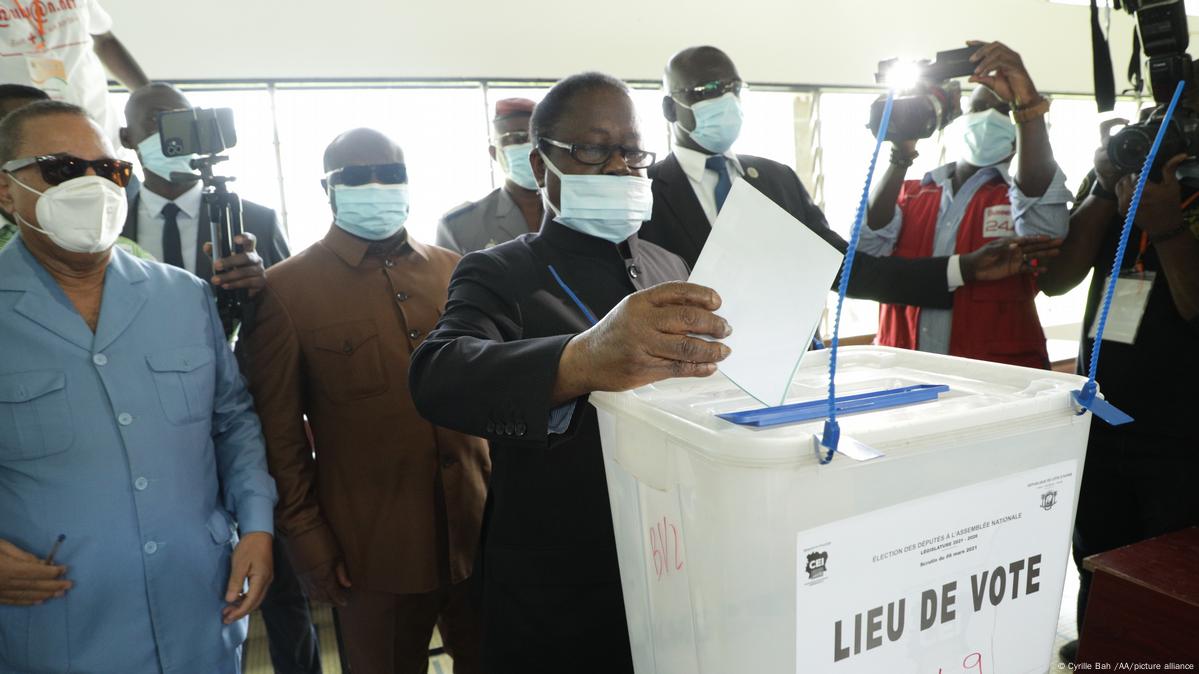
An African Union (AU) delegation on a pre-election assessment mission in Ivory Coast held a high-level meeting with President Alassane Ouattara on Friday, June 13, 2025, as political tensions mount ahead of the October 25 presidential election.
The delegation, led by Mahamat Saleh Annadif, head of the AU electoral assessment mission and former Chadian foreign minister, has been in Abidjan for nearly a week.
Their visit follows meetings with key opposition figures and electoral institutions, as concerns grow over the inclusiveness and credibility of the upcoming vote.
“We came, first, to congratulate President Ouattara for everything he has done for the stability of the sub-region in general,” said Annadif after the audience with the Ivorian head of state.
He reiterated the AU’s commitment to supporting Ivory Coast through a peaceful electoral process.
Annadif warned of the broader regional implications should instability arise in the country.
“If Ivory Coast sneezes tomorrow, the entire region risks catching a cold,” he remarked, underlining the country’s strategic importance in a region facing multiple political and security crises.
The AU envoy emphasized that the responsibility for peaceful elections rests with all political actors.
“We have spoken with the entire political class to say that it is their responsibility and that everyone must play their part so that these elections can be held under good conditions,” he stated.
The mission also met with the Independent Electoral Commission (IEC) and the National Human Rights Council.
Earlier this week, the delegation held a notable meeting with former President Laurent Gbagbo, who, along with several other opposition leaders including Tidjane Thiam, Charles Blé Goudé, and Guillaume Soro, has been excluded from the electoral register.
This wave of exclusions has fueled calls from the opposition for urgent political dialogue.
Opposition parties are demanding reforms, including a restructured and neutral IEC, an independent audit of the electoral roll, and assurances of a truly inclusive and transparent election process.
While the AU has pledged to accompany Côte d’Ivoire through its electoral journey, many observers say the coming weeks will be critical in determining whether the vote can be held under conditions deemed fair and acceptable by all sides.



